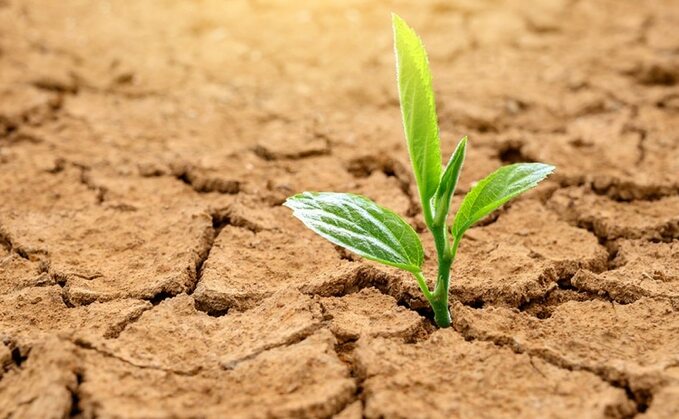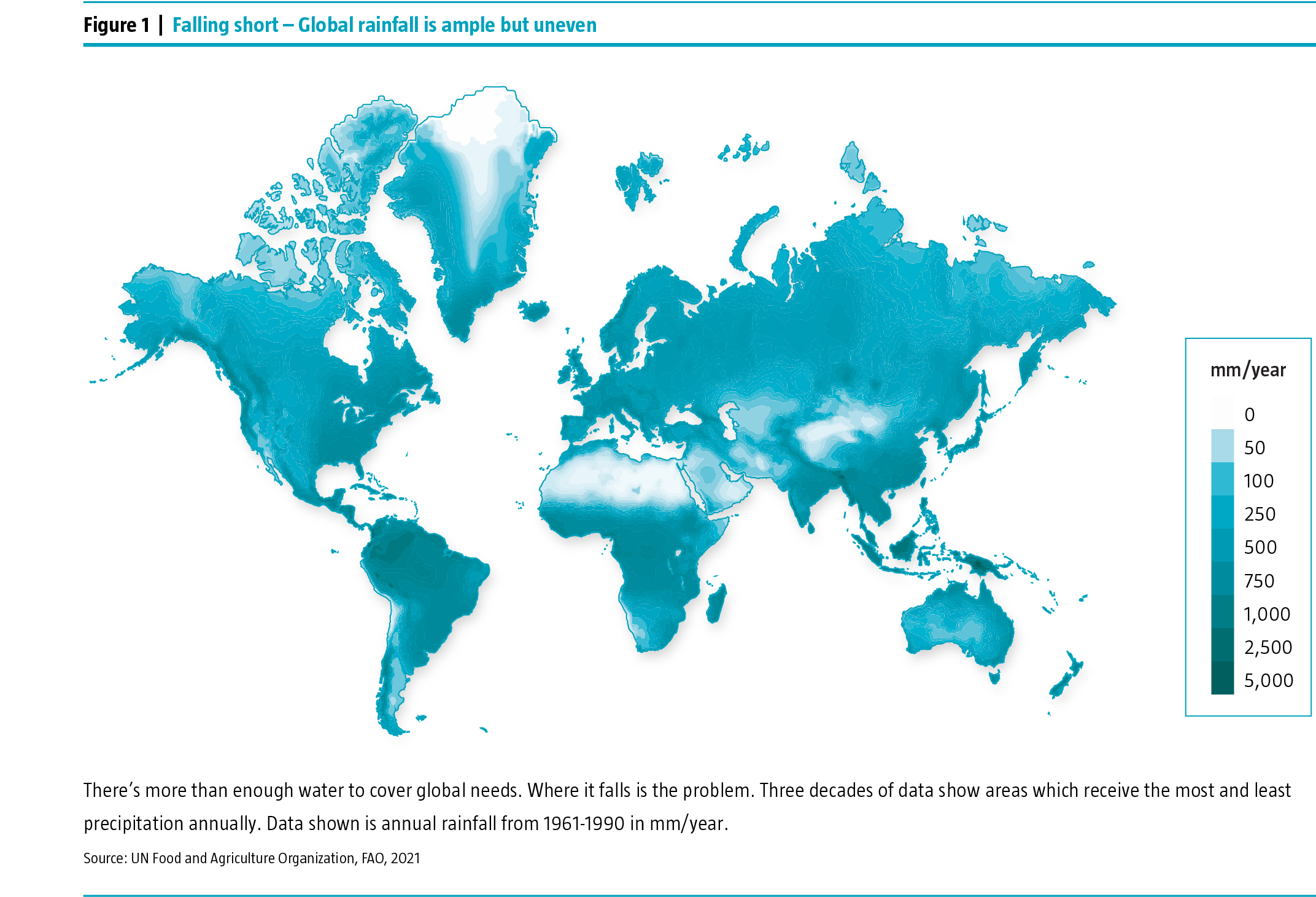
Water is essential, not only for life but also for social and economic progress. The RobecoSAM Sustainable Water Equity marks its 20th anniversary with a new study on the state of water markets.
Water is an essential element for biological, environmental, social and economic growth. Yet, global water consumption over the last century has endangered water supplies and led to a water crisis that will worsen as a result of climate change, population increases, demographic shifts and industrialization. Limited supply combined with unsatiable thirst, wasteful consumption and increasing pollution highlight the need for more sustainable and long-term solutions to deal with exacerbating shortages around the globe. Solutions will differ based on local market characteristics such as sector consumption patterns, existing infrastructure, urban trends, as well as topography and geography.
For example, water consumption in many developing regions is dominated by agriculture making investments in more efficient irrigation systems appropriate for addressing scarcity issues. And although increasing urbanization is a worldwide phenomenon, the pace and pressure on local infrastructure will be particularly difficult for emerging market cities to maintain in a sustainable way, given the lack of existing infrastructure on which to build. In contrast, investments in developed cities will be mostly for upgrades and the ‘greening' of existing infrastructure. National and local government spending will also positively impact water markets especially in the EU, US and China.

Moreover, geography plays an important role in determining suitable investments to mitigate not only water scarcity but also the negative effects of climate change. Desalination is an important technology that can help reduce water scarcity in regions with access to seawater. Coastal cities and regions with direct exposure to hurricanes, monsoons and typhoons will directly benefit from investments in climate adaption and the strengthening of existing infrastructures.
Finally, advances in wastewater treatment will help climate-stressed regions, cities and communities throughout advanced and developing markets to reduce water shortages and restore natural and artificial water capacities for future needs. Solutions such as these are being provided by innovative companies across the water value chain, which is estimated to reach USD 900 billion by 2023.
Market indicators and economic estimates are helpful, but the value of water for many vulnerable groups such as women and girls extends beyond health. Access to sustainable water gives them time to participate in education, advance socially and achieve greater financial security. That means the positive impact of investments in water extend far beyond SDG 6 - Clean Water and Sanitation for All to include SDGs that combat education and gender inequality in addition to global hunger, good health, decent work and economic growth.
The challenges are substantial but so too are the opportunities for generating financial returns and positive impact. Companies that recognize the need and provide sustainable solutions suitable to the diverse segments of the global water market will be ideally positioned to ride the growing wave of interest and investment.








